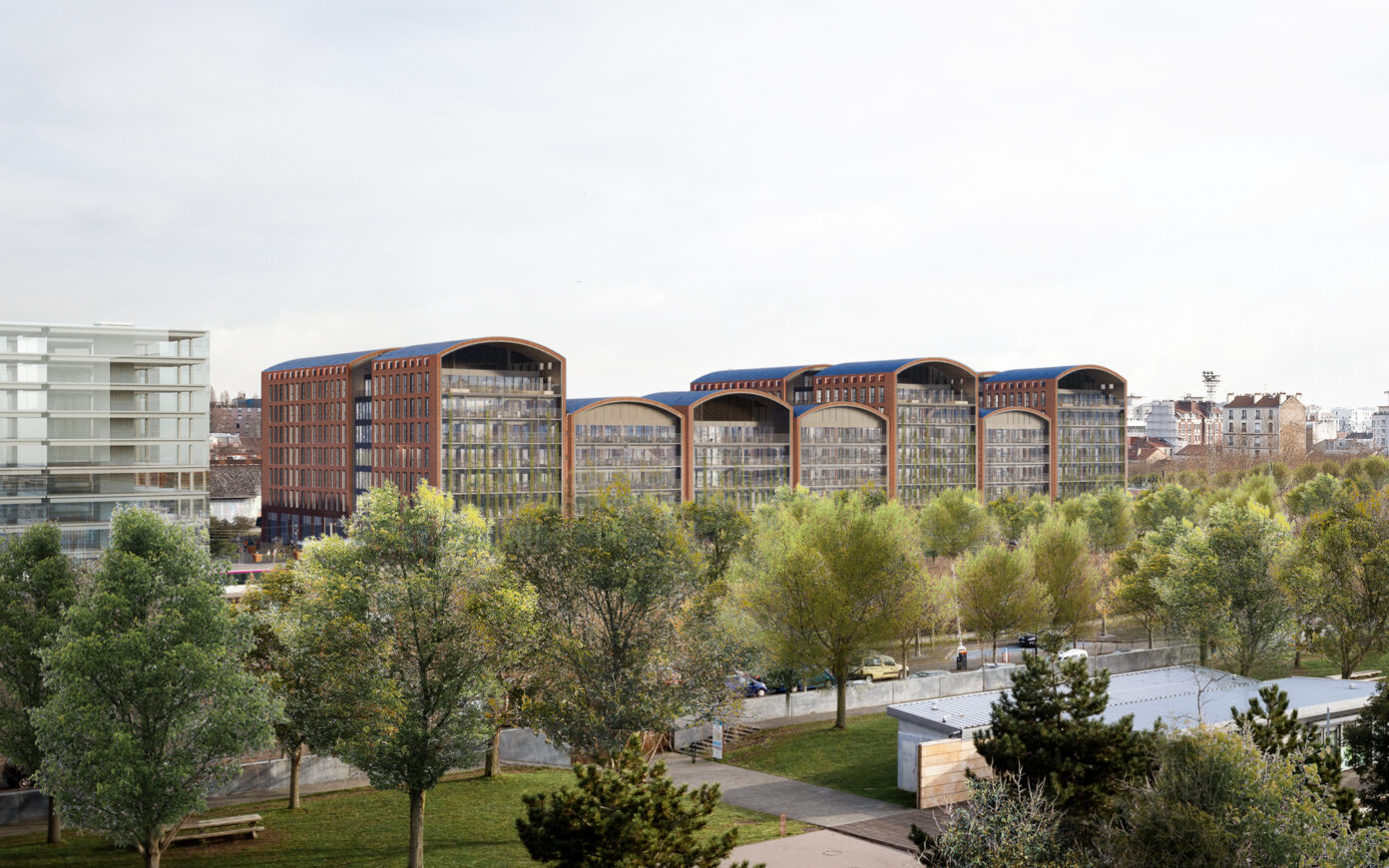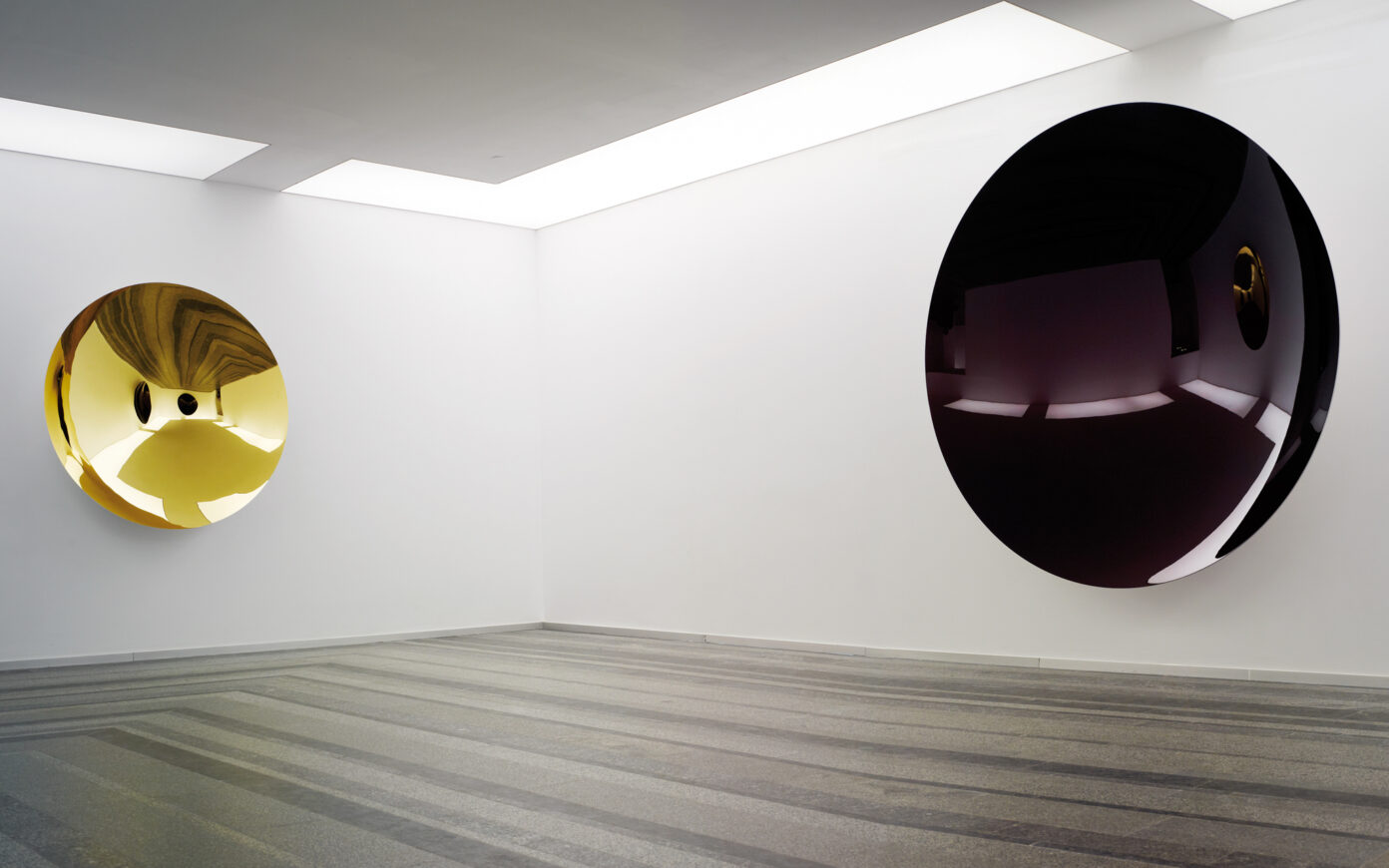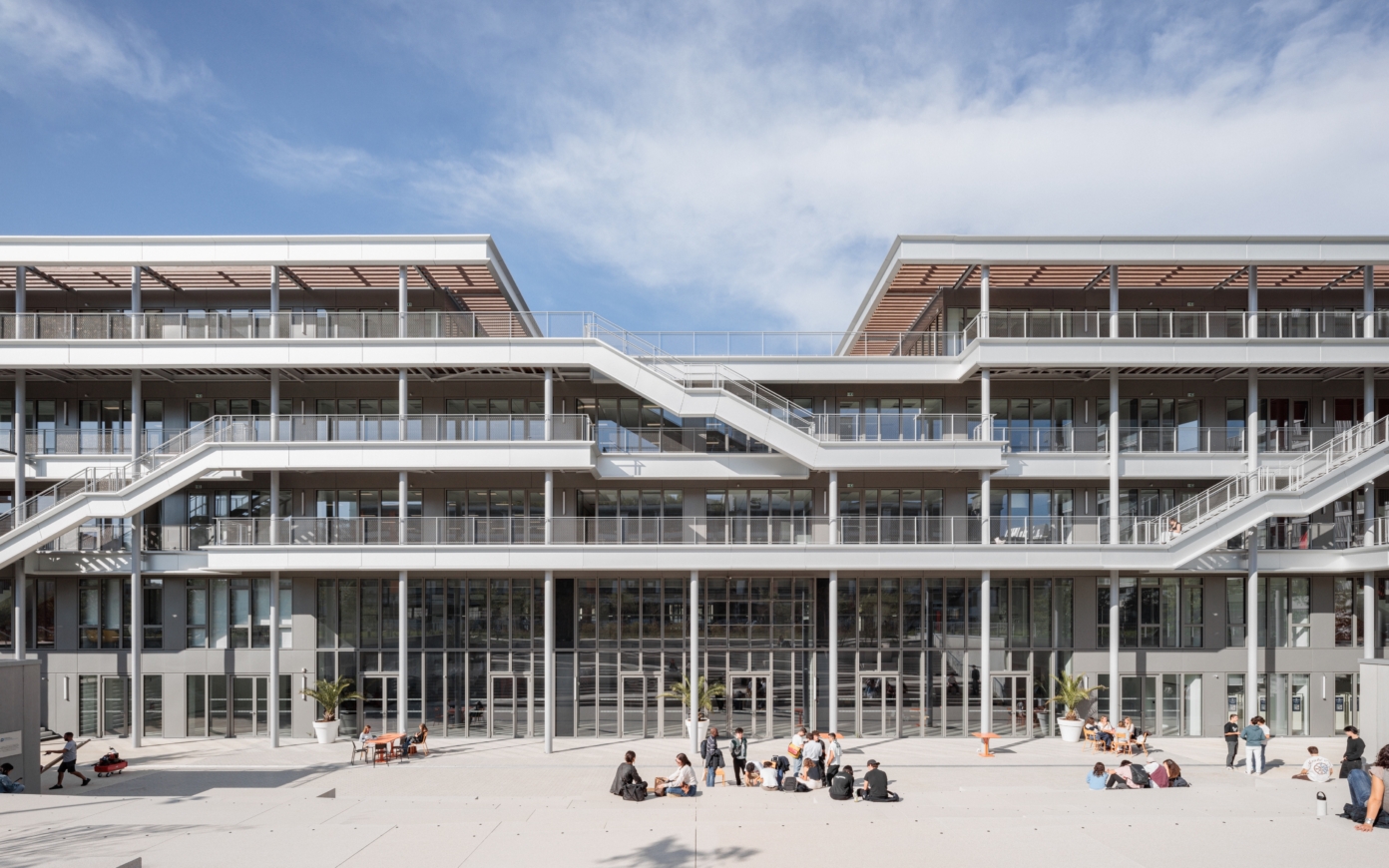At emlyon’s upcoming Gerland campus, which welcomed its inaugural students in September 2024, we’ve arranged the buildings around a spacious interior street and a spectacular central hub—Cœur Battant, the “beating heart” of the campus—where daily activities and key school events will converge. Every element is designed to foster interaction, serendipity, and collective intelligence. The campus opens itself up to the city, as well as to businesses and events. It is fully aligned with the environmental dynamics of the Gerland District as well, with its extensive garden and commonsense approach to sustainability, exemplified by its uncomplicated and efficient facades adorned with terraces and inviting outdoor walkways.
Modularity

With Ivry Confluences, located in a changing urban landscape featuring brownfield sites and eco-districts, PCA-STREAM is designing a symbol of the revitalization of the south end of Ivry-sur-Seine. In dialogue with the local industrial heritage, the studio reinterprets the morphology of railway halls to develop a new complex with exacting environmental standards. An exemplar of next-generation offices, Ivry Confluences takes an active part in adding to the vibrancy and diversity of the district thanks to its active base and an extensive garden that opens onto the city.

PCA-STREAM has designed a museum for the art collection of the Ukrainian philanthropist Victor Pinchuk in the heart of the historical city center of Kiev. Inaugurated in 2006, this center is a beacon for contemporary art in Eastern Europe and has contributed to the promotion of cultural exchanges between the East and the West these past ten years.


Interview with Arik Levy
An industrial design graduate of the Art Center College of Design of La Tour-de-Peilz, Arik Levy is an artist and a designer. Arik Levy now directs the Arik Levy Art and Design Studio, specialized in a multidisciplinary approach. He also teaches at the École Nationale Supérieure de Création Industrielle / Les Ateliers in Paris and leads design workshops in various design schools across Europe.
Explorer Tous les tags
 stream voices
stream voices
Eager to share more generously the results of its collaborations and research, PCA-STREAM publishes STREAM VOICES, its online magazine!
